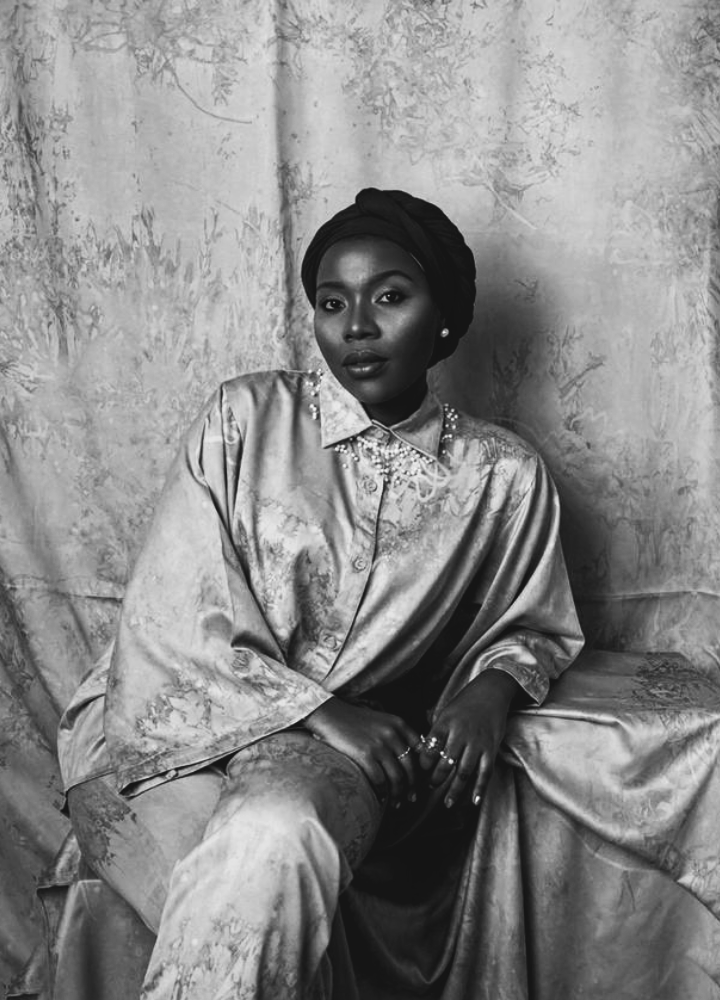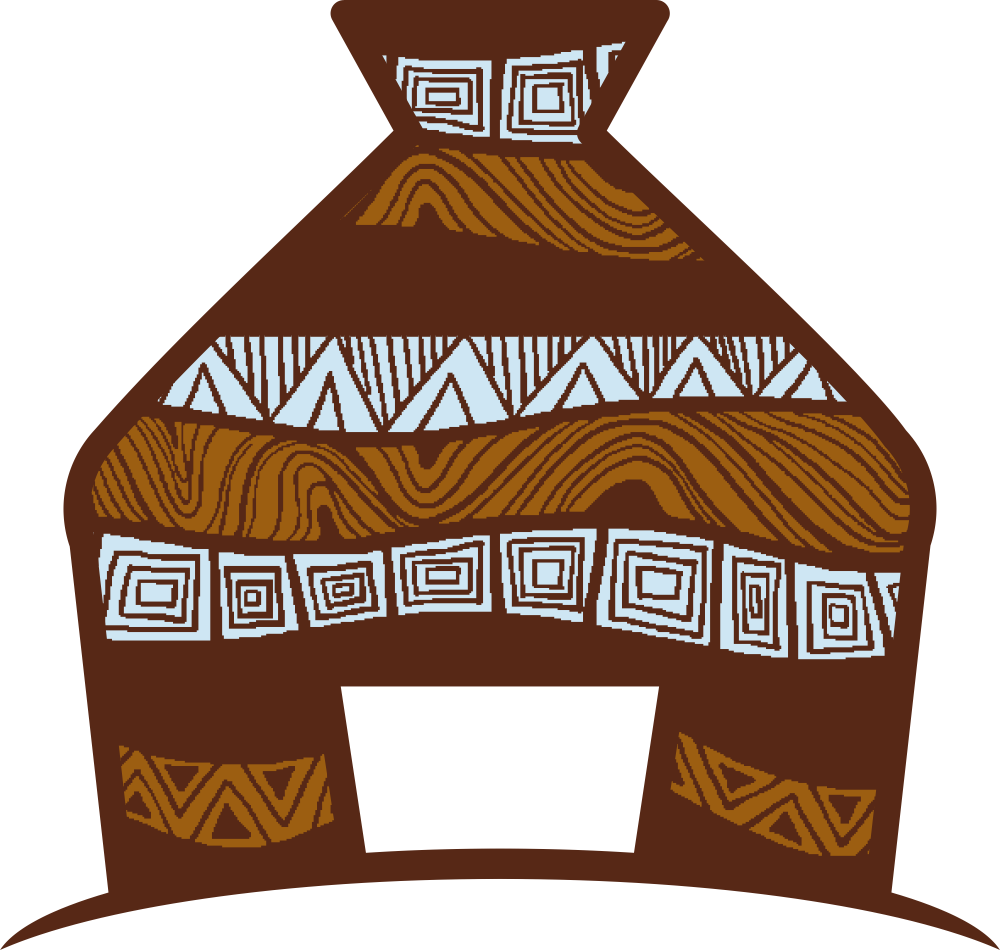Hafsat Sani Sami is a self exploring experimental artist with a curious and eagerly expressive mind, a graduate of Business Management, and a student of Interior Architecture, who has always been caught up with art in all forms. For Hafsat, art allows her recognize the power each individual possesses, bringing mere imaginations to life and allowing others exist in spaces carefully thought out by her beautiful mind.
Victoria: What is storytelling?
Hafsat: To me the art of storytelling is the act of self expression, and also the preservation of life, culture and tradition.
Victoria: Why was music and storytelling important in African societies?
Hafsat: Art and storytelling are such a huge part in African societies because as a people we have always used these as mediums to pass down from generation to generation the undocumented tales and experiences of our ancestors.
Victoria: Who is a griot?
Hafsat: A Griot is an ancient story teller, singer or poet. They are known to be the carriers of oral tradition.
Victoria: Are griots still present in Africa?
Hafsat: I think Griots are very much present in Africa, we just go by different names now.

Victoria: How can one keep the tradition of African Storytelling alive?
Hafsat: By continuing to tell these stories, by creating art, and really expressing the truth within. I feel like every artist/ creative is already tapped into the stories of those who have come before us. This is where a lot of our inspiration comes from. It is also important as a creative to remember each time we create that one day we too shall become ancestors. Tell your stories, be truthful and creative about them.
Victoria: What are the key elements in African Storytelling?
Hafsat: The key elements of storytelling to me are; honesty and realatability which are kind of intertwined. The truth will always stand the test of time,and relatability will always invite a curious ear. We as a people, and humanity as a whole are more alike that we let ourselves believe. If we are truthful in our story telling then we will see that we all experience and go through the same things, and realizing that will definitely allow us to be more open in telling and listening to our individual stories.
Victoria: Why do we know so little about African History?
Hafsat: Africans have been suppressed as a people since the beginning of time. This suppression led to us as a people to feel like we are inadequate, or that our stories do not matter. Africans have always been taught that to fit in, we have to adjust to the western ways. Hearing that for lifetime after lifetime I can only imagine that at some point we felt that in order to move forward we would have to let go of whom we are, and a lot of our history was lost in transition.
Victoria: Share a quote.
Hafsat: To stand for anything, you must first stand in your power. Kweyve.

